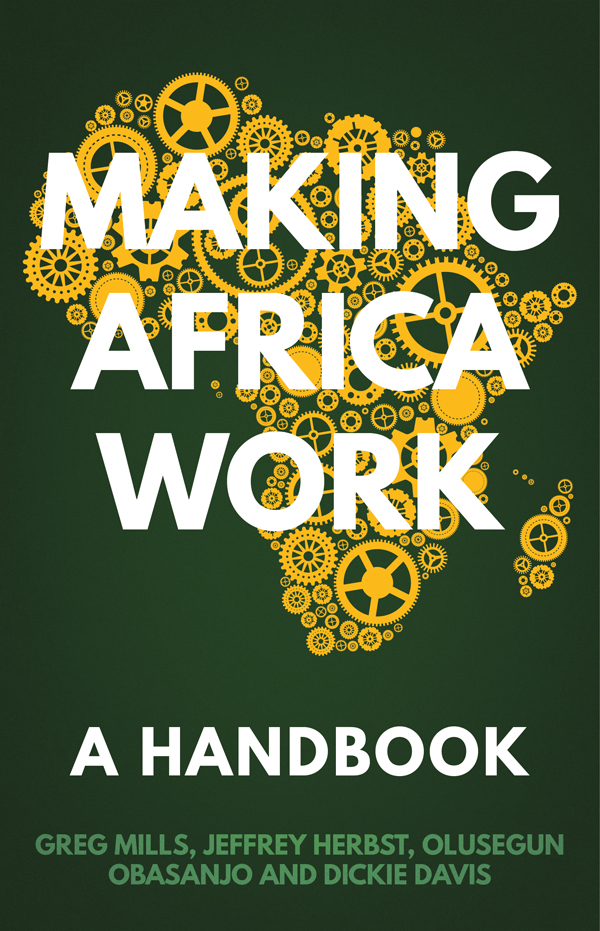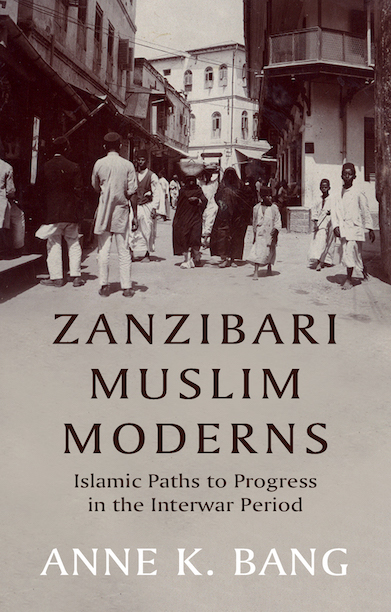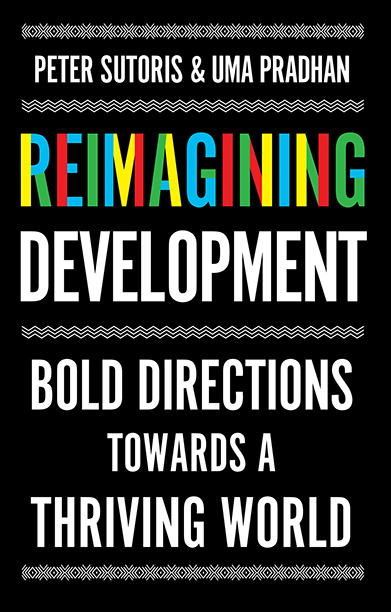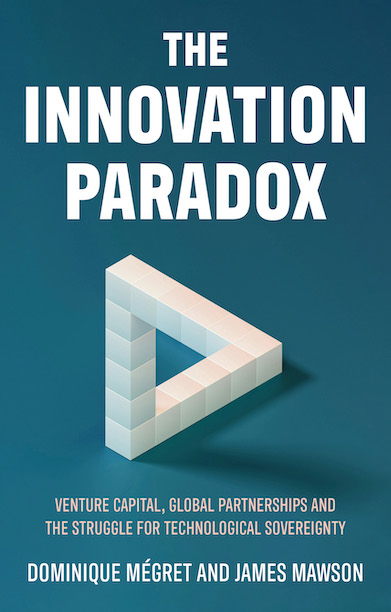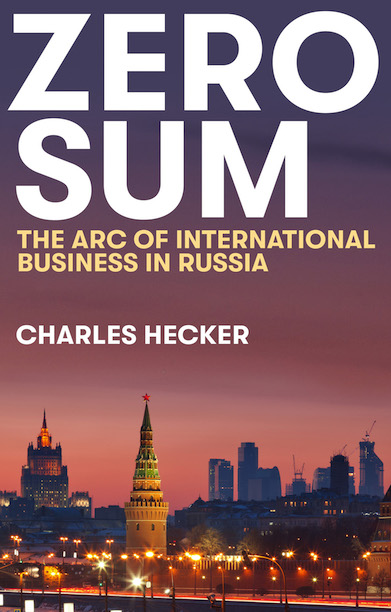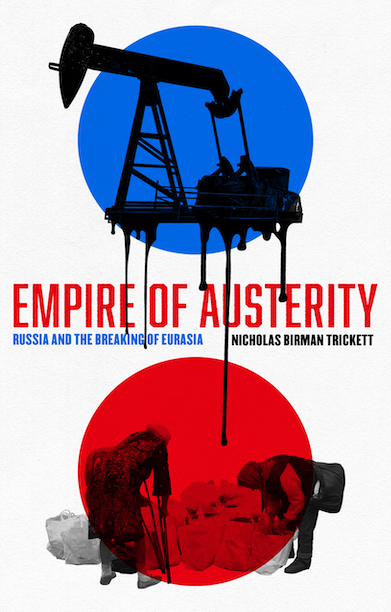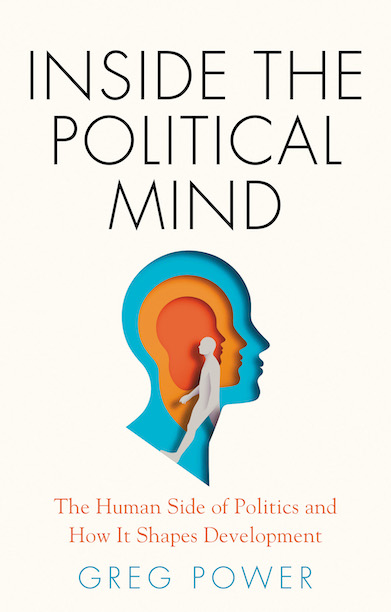Making Africa Work
A Handbook
A trenchant analysis of the continent’s economic faultlines and a handbook of best practices to redress them.
Description
Over the next generation, Sub-Saharan Africa faces three big, inter-related challenges. Its population will double to 2 billion by 2045. By then, more than half of Africans will be living in cities. And this group of mostly young people will be connected with each other and the world through mobile devices.
Properly planned for and harnessed, this situation is a tremendously positive force for change. But without economic growth and jobs, it could prove a political and social catastrophe. With these population increases, old systems of patronage and of muddling through will no longer work. Instead, if leaders want to remain in power, they will have to find a more dynamic means of promoting growth.
A first-hand account of a rapidly changing region, Making Africa Work is a handbook for ensuring growth beyond commodities and creating jobs across the continent.
Reviews
‘A timely and important book.’ — Paul Collier
‘I wish I had this handbook when I was president of Malawi. It not only offers convincing arguments on what to do, but practical examples and steps on how to get things done.’ — Joyce Banda
‘The go-to guide to informed choices for a better Africa’ — Mondli Makhanya
‘Beyond the hype and clichés, a blueprint for a prosperous Africa’ — Donald Kaberuka
‘At last, a book on how rather than what to do to improve the fortunes of Africa’s people.’ — Mmusi Maimane
‘The message from the authors is stark: reform or perish’ – New African
Author(s)
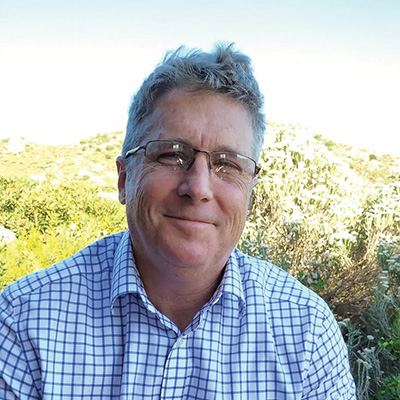
Greg Mills, Director of the Brenthurst Foundation, has advised African governments, and served in Afghanistan with COMISAF. His books with Hurst include Why States Recover.
Jeffrey Herbst is President of the American Jewish University, Los Angeles. A political scientist, Professor Herbst taught at Princeton University for eighteen years and is the author of States and Power in Africa: Comparative Lessons in Authority and Control and many other books and articles. A member of the Council on Foreign Relations, and the Board of Freedom House, he has served on the advisory board of The Brenthurst Foundation since 2005.
Dickie Davis is an Associate of the Johannesburg-based Brenthurst Foundation and a retired Major General in the British Army. He served three tours each in the Balkans and Afghanistan.
Olusegun Obasanjo was president of Nigeria (1999–2007) and chairperson of the African Union (2004–6).
